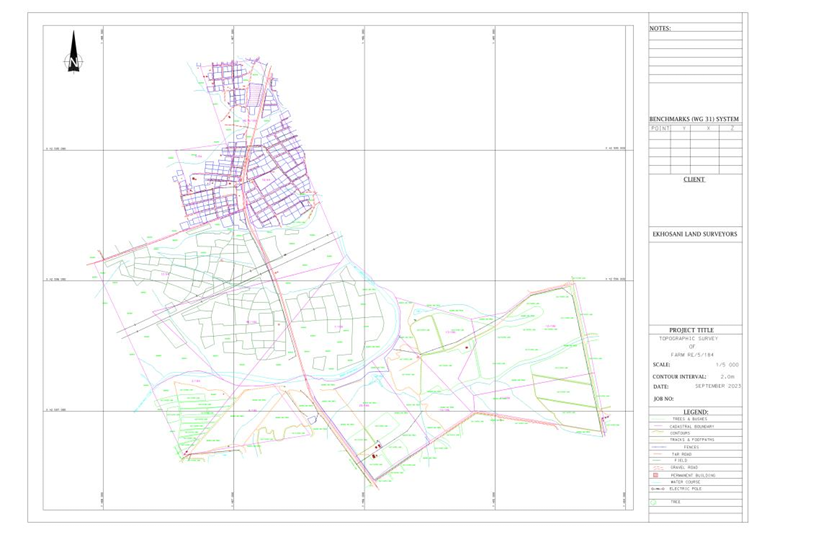Subdivision and sectional title are important concepts in property law, particularly in the context of real estate development and ownership. Understanding these terms is crucial for buyers, developers, and property owners.
Subdivision
Subdivision refers to the process of dividing a larger parcel of land into smaller lots or plots. This is commonly done to facilitate the sale or development of individual sections of the land. The subdivision process typically involves obtaining approval from local planning authorities to ensure compliance with zoning laws and regulations.
Once a land parcel is subdivided, each lot can be sold separately or developed independently. Subdivision is often used in residential, commercial, and industrial developments to create organized and manageable plots.
Sectional Title
Sectional title is a form of ownership commonly used in multi-unit developments such as apartment complexes, townhouses, or office buildings. Under sectional title ownership, an individual owns a specific section or unit within a larger building or complex, along with a share of the common property.
This system allows for shared ownership of common areas such as gardens, hallways, and recreational facilities, while giving owners exclusive rights to their individual units. Sectional title schemes are governed by specific legislation that outlines the rights and responsibilities of owners and the management of the common property.
Differences Between Subdivision and Sectional Title
While both subdivision and sectional title involve dividing property, they differ significantly in their application and ownership structure:
- Subdivision divides land into separate plots, each owned independently.
- Sectional Title divides a building into sections or units, with shared ownership of common areas.
- Subdivision is often used for free-standing properties, whereas sectional title applies to multi-unit developments.
Conclusion
Understanding subdivision and sectional title is essential for anyone involved in property transactions or development. Each method offers distinct advantages depending on the type of property and intended use. Proper legal advice should be sought to navigate the complexities of these ownership structures.


